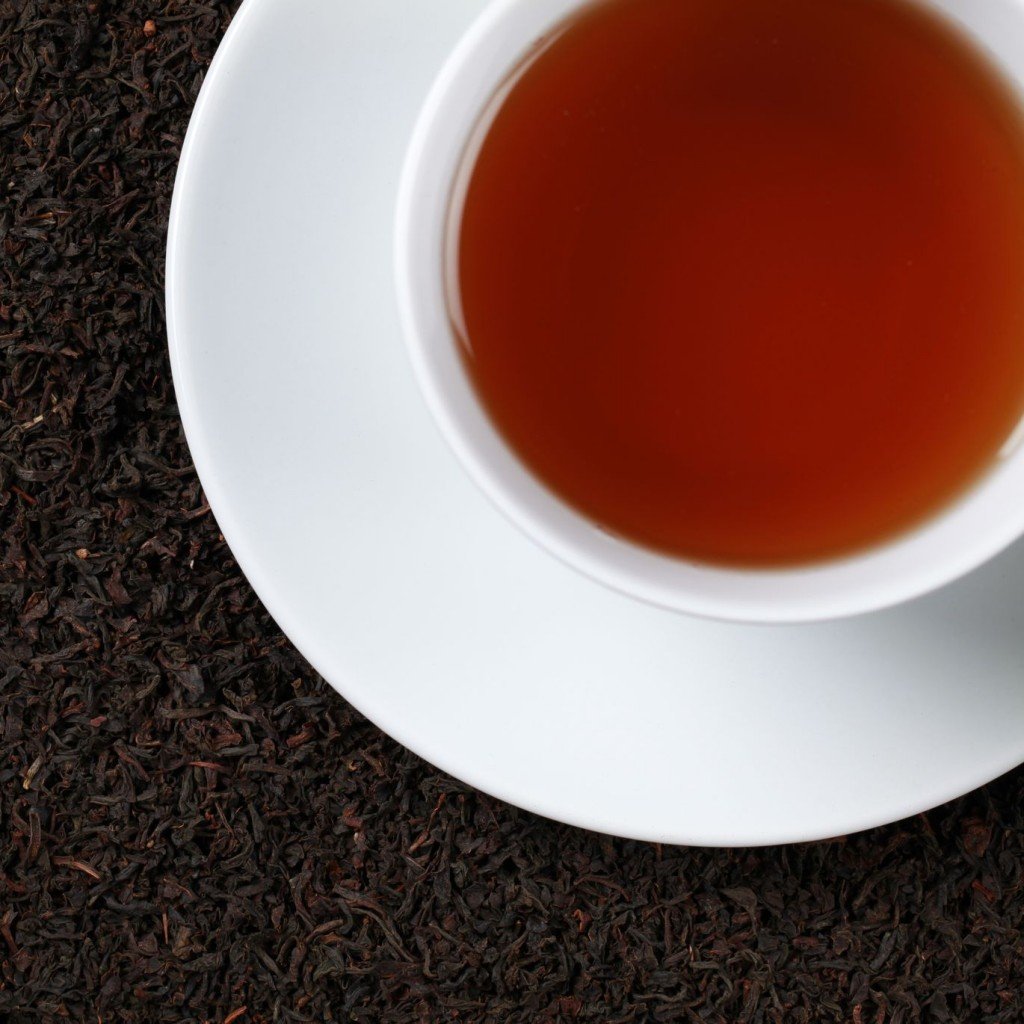COLOMBO, Sri Lanka – Researchers in Sri Lanka have discovered that the health impacts of black tea depend upon brewing and extraction methods.
Tea, the most commonly consumed brewed drink in the world, has a list of active ingredients linked to health benefits, but in order to benefit from it, it must be prepared in a certain way.
Researchers set out to discover which type of extraction impacted the phenolic compounds, gallic acid, caffeine and catechins, and also look at the variation of antioxidant activity correlated with brewing method.
The study was published in the July edition of the Nutrition Journal.
They say the traditional method of preparing a tea, which is the action of adding boiling water to tea leaves, plus a minimum of two to eight minutes brew time, influenced the extraction of total phenols, flavonoids and major phytoconstituents such as gallic acid, caffeine, EC and EGCG.
A very weak correlation was observed between caffeine content with antioxidant activity.
With a two-to-eight minute brew time, the release of caffeine, gallic acid, EGCG and EC and polyphenols and flavonoids is accomplished.
Dr. Sarah Cimperman, ND, author of “The Prediabetes Detox,” said tea is widely praised for its health benefits, and agrees that if you’re not preparing it correctly, you won’t be enjoying its benefits.
“It’s worth noting that green tea comes from the same plant as black tea, Camellia sinensis, but the ideal preparation methods differ,” Cimperman said.
She said pouring boiling water over green tea leaves can destroy some of the healthful compounds.
“I always advise my patients to heat water to 160 degrees Fahrenheit, or take it off the stove when small bubbles start to appear. The difference between green tea and black tea is that green tea has undergone minimal fermentation, while black tea is fully fermented.”



